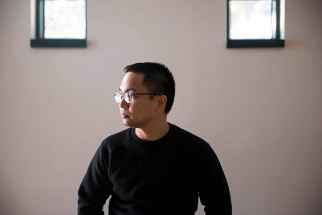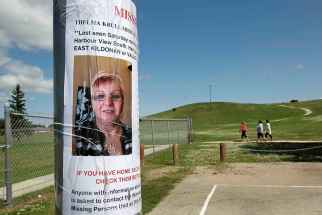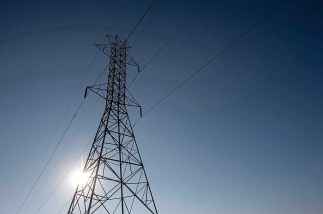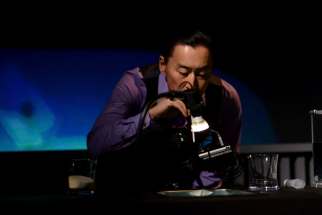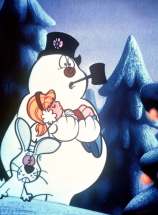Searching for tears One-man PTE show seeks full-on despair instead of brushes with grief
Read this article for free:
or
Already have an account? Log in here »
To continue reading, please subscribe:
Monthly Digital Subscription
$0 for the first 4 weeks*
- Enjoy unlimited reading on winnipegfreepress.com
- Read the E-Edition, our digital replica newspaper
- Access News Break, our award-winning app
- Play interactive puzzles
*No charge for 4 weeks then price increases to the regular rate of $19.00 plus GST every four weeks. Offer available to new and qualified returning subscribers only. Cancel any time.
Monthly Digital Subscription
$4.75/week*
- Enjoy unlimited reading on winnipegfreepress.com
- Read the E-Edition, our digital replica newspaper
- Access News Break, our award-winning app
- Play interactive puzzles
*Billed as $19 plus GST every four weeks. Cancel any time.
To continue reading, please subscribe:
Add Free Press access to your Brandon Sun subscription for only an additional
$1 for the first 4 weeks*
*Your next subscription payment will increase by $1.00 and you will be charged $16.99 plus GST for four weeks. After four weeks, your payment will increase to $23.99 plus GST every four weeks.
Read unlimited articles for free today:
or
Already have an account? Log in here »
Hey there, time traveller!
This article was published 30/11/2018 (2565 days ago), so information in it may no longer be current.
Vancouver playwright/performer Tetsuro Shigematsu opens his one-man show, Empire of the Son, by confessing he didn’t cry when his father died in 2015.
Theatre review
Empire of the Son
Prairie Theatre Exchange
To Dec. 9
Tickets at pte.mb.ca
★★★1/2 out of five
He then explains that he hopes by opening himself to the audience, he can break the seal on the tears he stopped shedding when he was a boy.
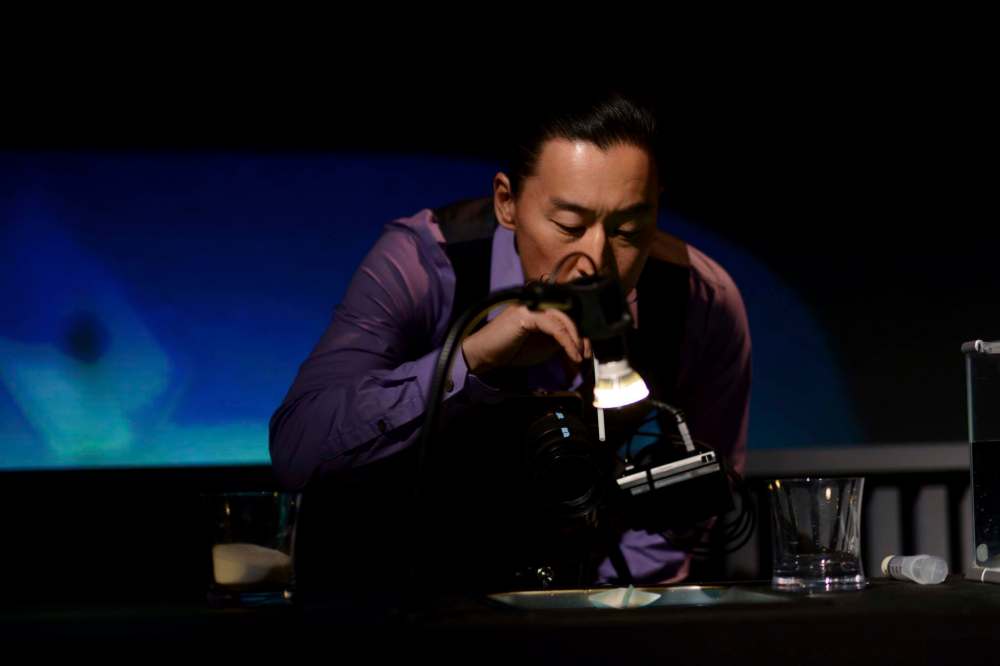
It doesn’t happen — and it’s not supposed to — but Shigematsu does take us on a moving journey that touches on family dynamics, trauma and masculinity by examining his relationship with his taciturn, disapproving father, and by extension, his relationship with his own children.
He confesses to being “deeply shallow” and fears that, because he doesn’t express the depths of despair, he won’t experience the heights of joy; instead of having peaks and valleys, he’s like a gently rolling golf course.
The 75-minute (no intermission) show, a production of the Vancouver Asian Canadian Theatre, kicks off Prairie Theatre Exchange’s new Leap Series, which will present three one-person plays this season that aim to push the boundaries of storytelling.
The playwright — former host of CBC Radio One’s The Roundup — has said that he considers the work closer to performance art than theatre, and it’s perhaps best approached with that in mind, as it doesn’t have a conventional dramatic arc.
Instead, it’s a somewhat patchwork but compelling collection of anecdotes and memories — some funny, some tender, some tinged with bitterness — not all of which have the same consequence or heft. Some of the fragments are powerful vignettes, while others feel insubstantial, but they all contribute to a portrait, albeit incomplete, of a man who called himself “a social hermit.”
Realizing the distance between them might never otherwise be broached, Shigematsu began interviewing his ailing Japanese-born father two years before his death, asking him about his time as a broadcaster for CBC’s external division, his Zelig-like ability to be present at historical moments and his memories of Aug. 6, 1945, the day the U.S. dropped an atomic bomb on Hiroshima.
Those interviews form the basis of the work, but it spirals outward like a firecracker, a spray of time-shifting scenes engaging the viewer in a way that’s breezier than the subject matter would suggest.
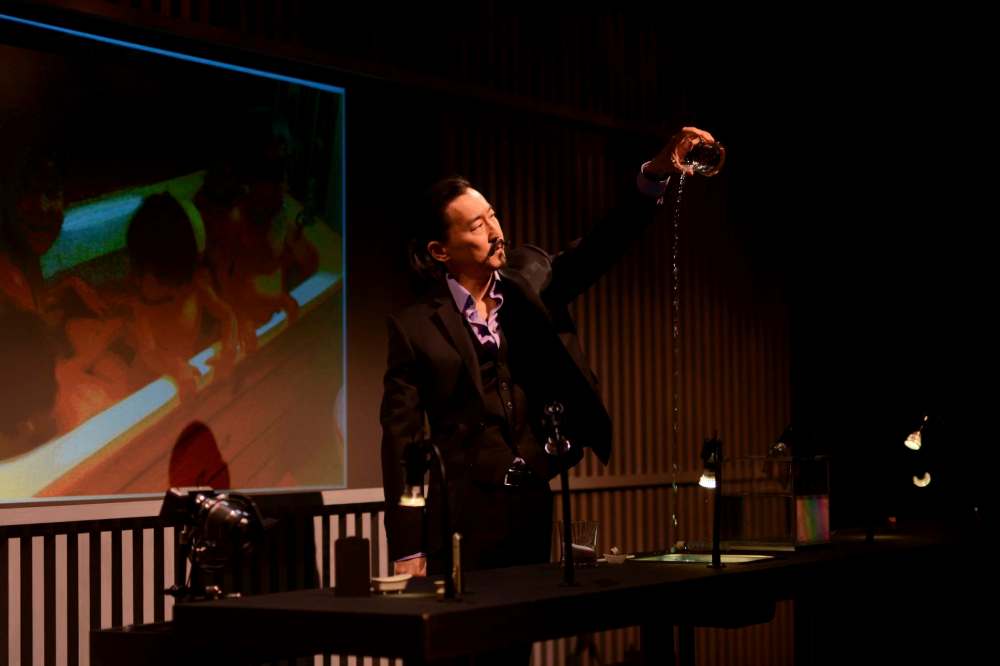
That’s partially due to Shigematsu himself. Though he admits he’s not a trained actor, the pony-tailed, moustachioed star is a magnetic performer, with an easy grace and a charismatic presence. However, if Empire sometimes feels more like an inspired TED Talk than a play, it might be down — somewhat ironically — to his skating over the surface of the painful emotional moments.
Pam Johnson’s understated set, which employs a backdrop of fence-like wooden strips that rise up vertically until they erupt into a chaotic criss-cross design, is slyly brilliant, making reference, one imagines, to the way the same elements that made up the ramrod straightness of the father can be reconfigured into the wild, artistic temperment of the son. It also echoes the destruction of the world order by the bombing of Hiroshima, and signals the potential for messy emotional breakdowns.
Steve Charles’ sound design is similarly clever, using a percussive theme that emulates raindrops or Morse code on a shortwave radio.
Empire of the Son has the unmistakable ring of authenticity — made even stronger with the effective use of voice recordings, home video and family photographs and letters — but dramatically, there are strings Shigematsu leaves dangling, such as the idea of inherited trauma, that could have been woven into the narrative, and the ending feels forced.
The multimedia work sees the performer using a camera set on a track, with which he films the miniature items on the table in front of him or transforms his fingers into legs to act out scenes that are projected onto the screen behind him. It’s a neat technique, but its use is so sparing that it’s almost too obviously a way to add visual elements to a talky story.
A couple of these efforts merely illustrate without adding meaning, but the ones that work — Shigematsu’s fingers gliding on ice as he talks about skating on Grouse Mountain; the mushroom cloud engulfing Hiroshima — are a tiny theatrical miracle, lending an ineffable poignance to his words.
It might not elicit tears, but Empire of the Son is a poetic, probing look at the way parents are essentially strangers to their children.
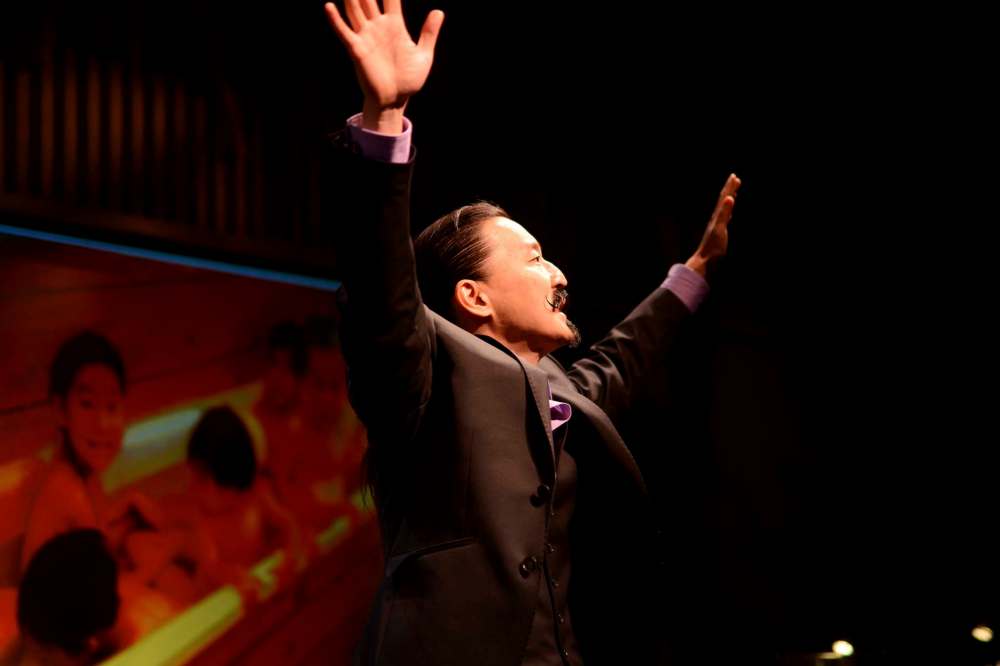
jill.wilson@freepress.mb.ca
Twitter: @dedaumier

Jill Wilson writes about culture and the culinary arts for the Arts & Life section.
Our newsroom depends on a growing audience of readers to power our journalism. If you are not a paid reader, please consider becoming a subscriber.
Our newsroom depends on its audience of readers to power our journalism. Thank you for your support.

